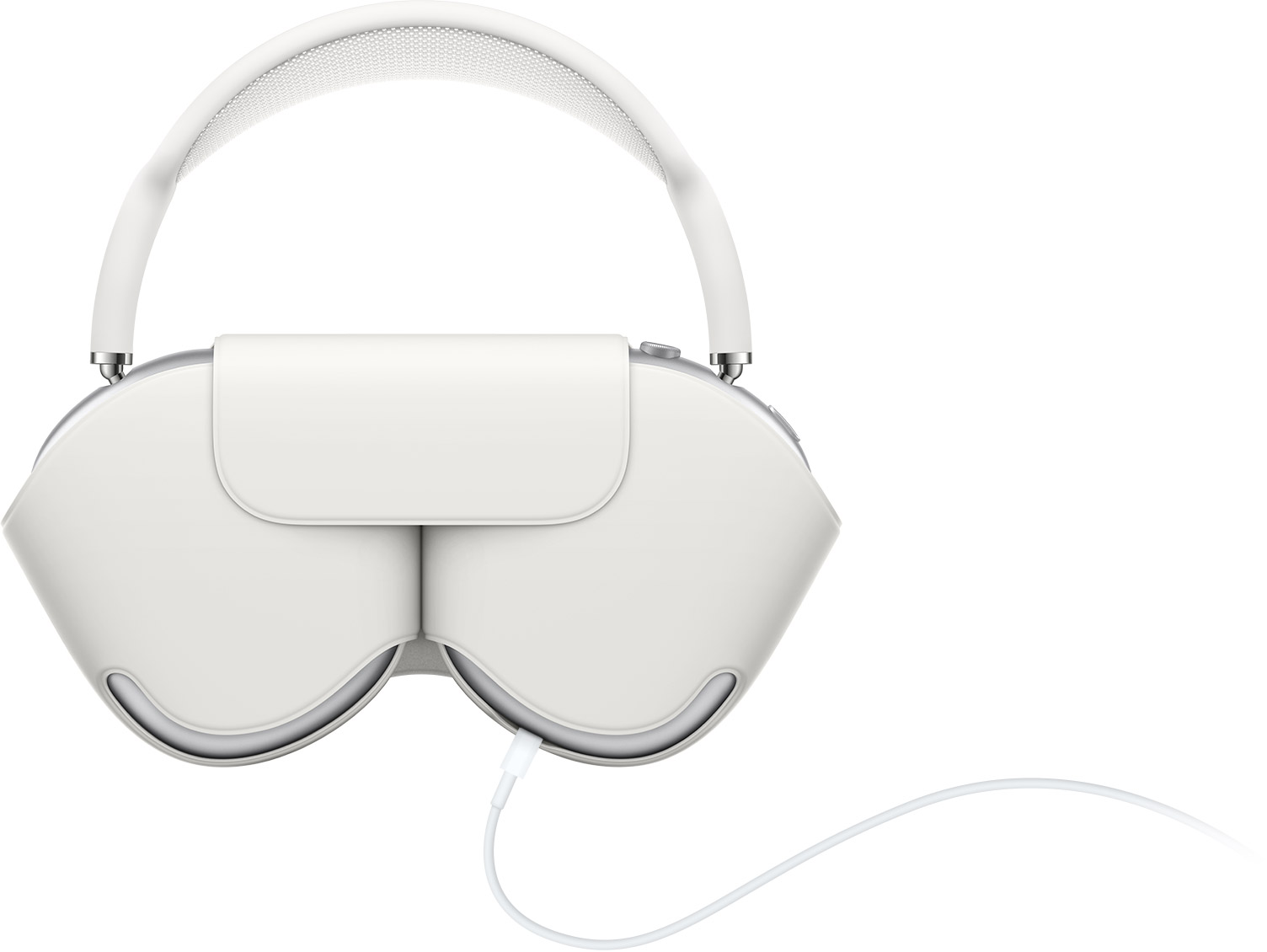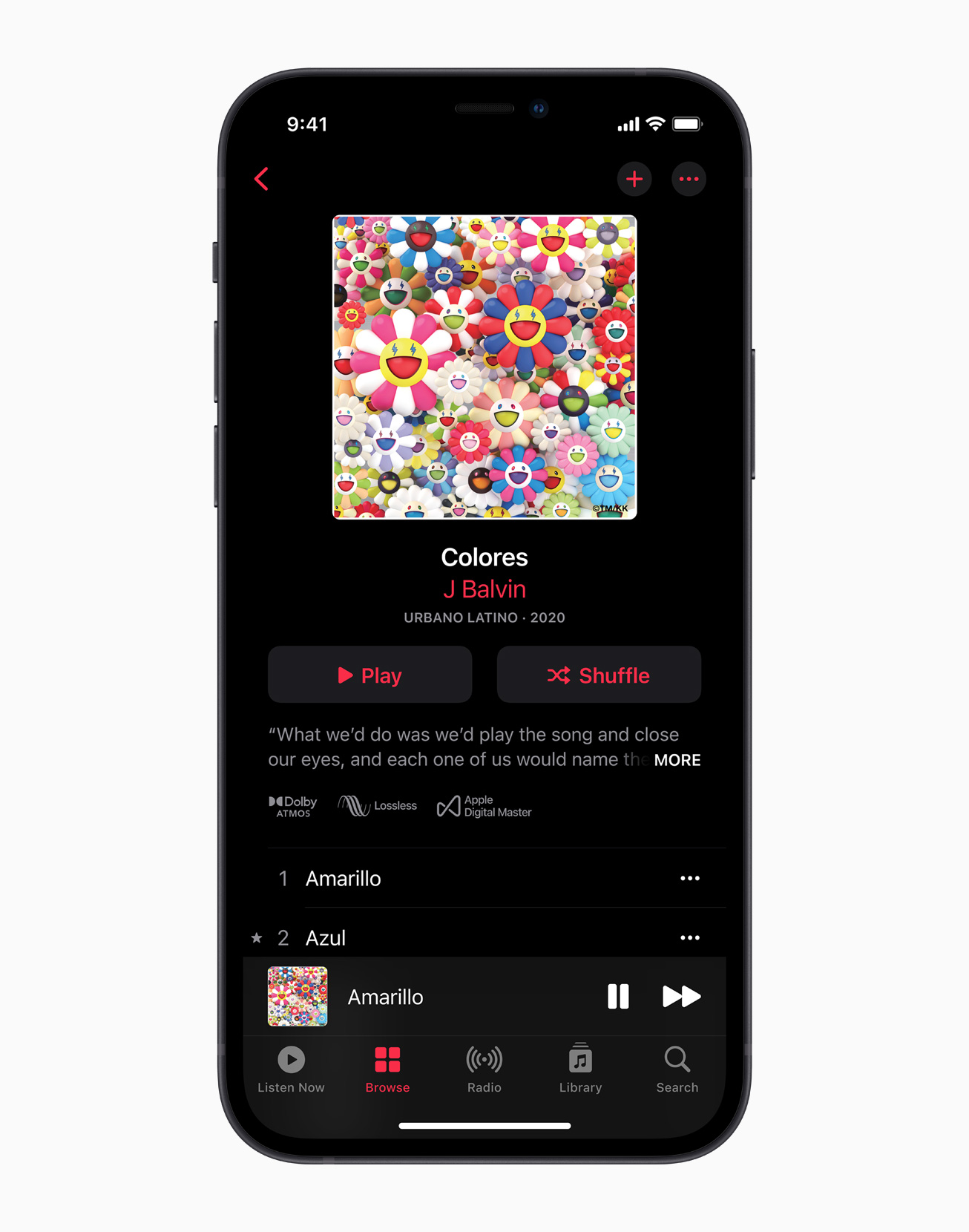The Story
Over the past couple of weeks, there’s been a lot of news coverage circulating around the fact that Apple has stated that their $549 premium headphones don’t support playback of the recently-announced lossless audio available on Apple Music. And I understand why: it’s a great story!
Apple, a brand synonymous with luxury and quality, have finally shown that their products aren’t as great as they’re cut out to be. We should be outraged, and fly over to Cupertino to pillage Apple Park to show that this is not ok! (Definitely not just because I want to visit Apple Park. I promise. Maybe).
What this means
To understand what this all really means, let’s look at the direct statement from Apple. In a support document, Apple state that “The Lightning to 3.5 mm Audio Cable was designed to allow AirPods Max to connect to analog sources for listening to movies and music. AirPods Max can be connected to devices playing Lossless and Hi-Res Lossless recordings with exceptional audio quality. However, given the analog-to-digital conversion in the cable, the playback will not be completely lossless.”
Translation: “Lossless” audio means that no data has been lost between the source file and the sound coming out of your headphones (or speakers).
In the context of AirPods Max, at some point from the computer to the AirPods, there is a stage where data could be lost or altered. Anyone who’s owned a pair of AirPods Max with an audio cord has encountered the stage at which this happens. I’ll give you a hint: it rhymes with “frightening fort”.

Why does this happen?
Well, the AirPods Max are an interesting pair of headphones. They have no traditional 3.5mm jack (otherwise known as a headphone jack), instead opting for the – this is sarcasm – age-old lightning port. If you want to go wired, you have to use a 3.5mm to lightning cable, sold at exorbitant prices at Apple.
Here’s the audio chain to make it easier to understand.
- The source device.
- The DAC (digital to analog converter) inside your device, transforming the digital 1s and 0s into a signal that headphones work with.
- The headphone jack.
- The 3.5mm to lightning cable.
- An ADC (analog to digital converter), converting the analog signal into one that is output via the lightning connector.
- The AirPods Max.
Stage 5 is where this becomes a little tricky. Converting this analogue signal back into digital is where artefacts can be introduced, and the signal that comes out the other end may not be exactly the same. Hence, why Apple can’t say it supports “lossless” playback.

Why should we care?
Well, we shouldn’t. But, I can’t say that without explaining the reasoning behind my opinion.
- The AirPods Max should sound better wired than over Bluetooth. When wired the audio is not lossily compressed down to 256kbps AAC, therefore, it should sound better, despite any artefacts introduced by the signal conversions. Therefore just using it wired matters much more than whether it can truly be termed “lossless”.
- The audio chain when listening to music is the exact same as doing anything else on your computer wired into the AirPods Max. If you have no issues in general use, you should have no issues with music, so a better source file should generally mean a better output.
- Apple’s AAC encoding is pretty good. One is actually unlikely to notice the difference between a lossless and a lossy track regardless of any signal inconsistencies.
To put this to the test, I challenged my trusty friend and colleague, Will Sigmon, to a blind test. Using the track “lakehouse” by Jeremy Zucker, sourced from Qobuz as a 24bit 44.1kHz FLAC file, I converted the file to ALAC (Apple’s lossless codec) and brought it into iTunes. I then created an AAC version of the track within iTunes, to provide the closest comparison by using the formats that Apple Music will employ. With those tracks, I subjected Will to a blind test with his own AirPods Max, coupled with an Apple-branded 3.5mm to lightning cord where he would play with two identical-looking tracks in VLC and see which he thought sounded lossless (or “better”).
After 15 trials, Will successfully identified the lossless file 7 times. Only 47% of the time could he identify which track was lossless. From what I believe, the probability of this happening by chance was a massive 70% (2 s.f.), making it clear that Will could not repeatedly or consistently discern a difference between the tracks.
So, the AirPods Max doesn’t support lossless audio. Does it make a difference to the average consumer (or even those so-called audiophiles)? No.
Just sit back, relax, and enjoy the music.










